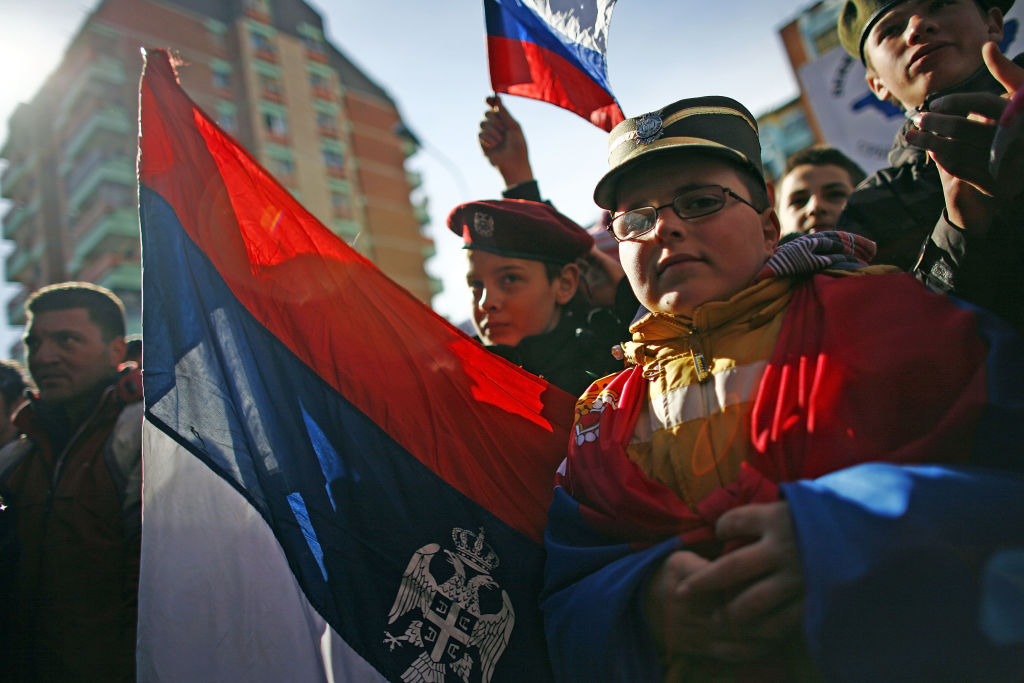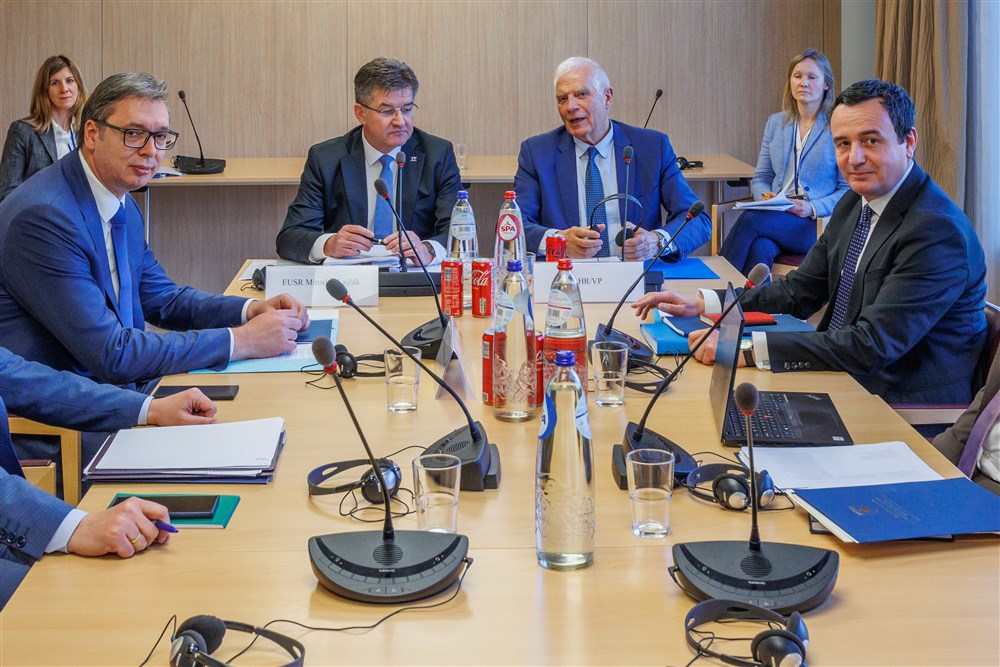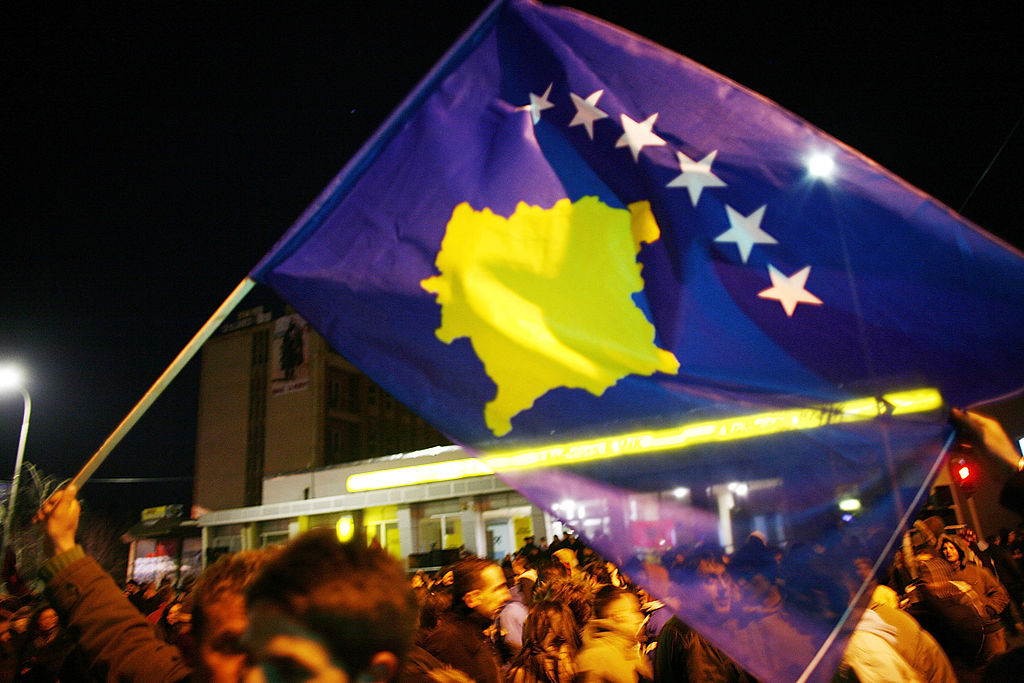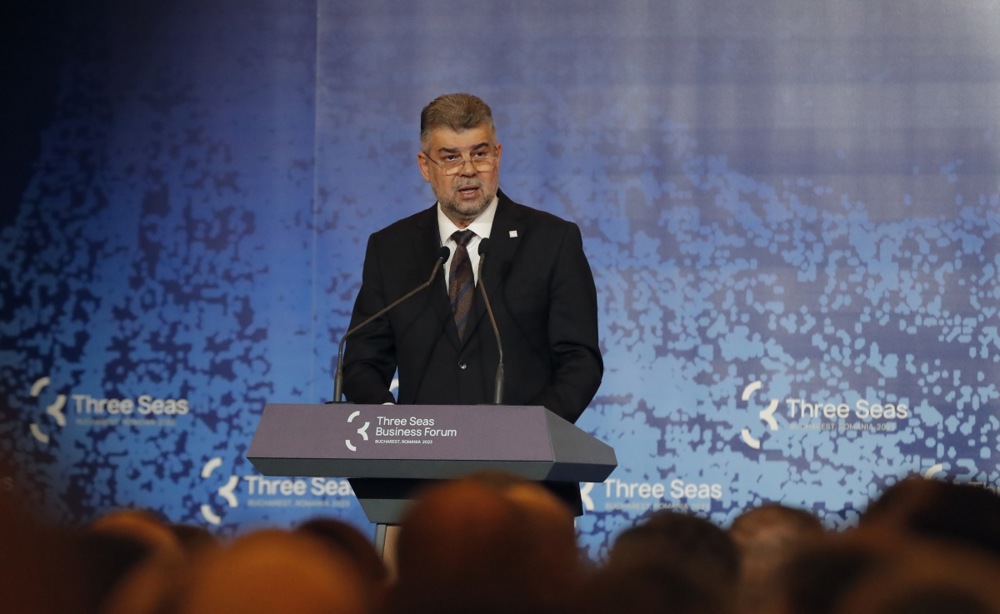Serbia is to raise its issues with Kosovo at the UN General Assembly on September 19 after the European Union failed to broker an agreement between the two countries.
Serbian President Aleksandar Vučić wants to specifically highlight the situation of the Serbian minority in Northern Kosovo, who Serbia claims are being persecuted by Kosovo’s authorities.
The dispute between Kosovo and Serbia has escalated over the past few months after Kosovo Serbs rioted in May in response to the forced installation of ethnic Albanian mayors in Serb-majority townships.
Speaking at a press conference Vučić said he will ask “representatives from the European Union and the United States, our traditional friends, namely China and Russia, as well as all the rest to look at the situation in Kosovo”.
He called on those countries to help “through sound reasoning rather than through the prism of [those countries and governments] who created the so-called independence of Kosovo”.
Vučić has previously stated that he wants to call an emergency meeting of the UN Security Council to discuss the situation of Kosovo’s Serbian minority.
Since Kosovo unilaterally declared independence in 2008, Serbia has refused to recognise it and actively encourages other countries to also refuse to do so.
The EU has made normalising relations between the two countries a priority as both want to join the bloc. Despite that, EU Hight Representative Josep Borrel recently failed to break the diplomatic stalemate.
He said: “We tried hard but, unfortunately, it was not possible to bridge the differences.”
Both Serbia and the EU have demanded that Kosovo create an official “Association of Serb Municipalities” to protect Serb minority interests, yet Kosovar Prime Minister Albin Kurti has staunchly refused to do so.
Kurti claims that the creation of a such a special body within Kosovo would violate the constitutional principle of equality of all citizens. Others claim that Kosovo fears such an autonomous Serb association becoming a “fifth column” in the country.
Shortly after the last Brussels talks fell through, Kurti claimed that the EU has been far too biased towards Serbia and said that the bloc was unfairly putting too many demands on Kosovo.
Kosovo PM Kurti:
Clear positioning of the EU facilitators against Kosovo & full implementation. They went too far with attacks on ??'s future.
We cannot implement only the parts ?? wants. That logic has died. The Republic of ?? cannot, should not, & will not go down that path. pic.twitter.com/xSivigVQy6
— Admirim (@admirim) September 18, 2023
Belgrade continues to maintain that the Serbian minority within Kosovo are persecuted by the Albanian majority.
Speaking to Brussels Signal, Dušan Dostanić, a researcher for the Belgrade Institute for Political Studies, said: “Kurti and the Albanians do not care about the rights of the Serbs.
“Serbs were pushed out from the institutions and almost every day there are cases of ethnically motivated violence against the Serbs in Kosovo. Serbs in Kosovo are living in constant fear.”
Albanian mayors were elected in the Serb municipalities after the Serbs boycotted the elections. While the Kosovar Government insisted on installing the mayors, the EU has since demanded that the elections be held again with the participation of the Serbs.
Tensions seem to be easing further in Northern Kosovo. https://t.co/cNXLsIVd8c
— Brussels Signal (@brusselssignal) August 7, 2023
While the West has generally been supportive of Kosovo, the question of its recognition is still divisive within the EU. Member States such as Spain, Greece and Romania currently side with Serbia.
Many Serbs remain sceptical regarding widespread international support.
“International institutions are doing nothing to protect the Serbs,” Dostanić said.
“In such a desperate situation, bringing the case to the security council is probably the only way to win international attention. Frankly, I do not expect much.”





